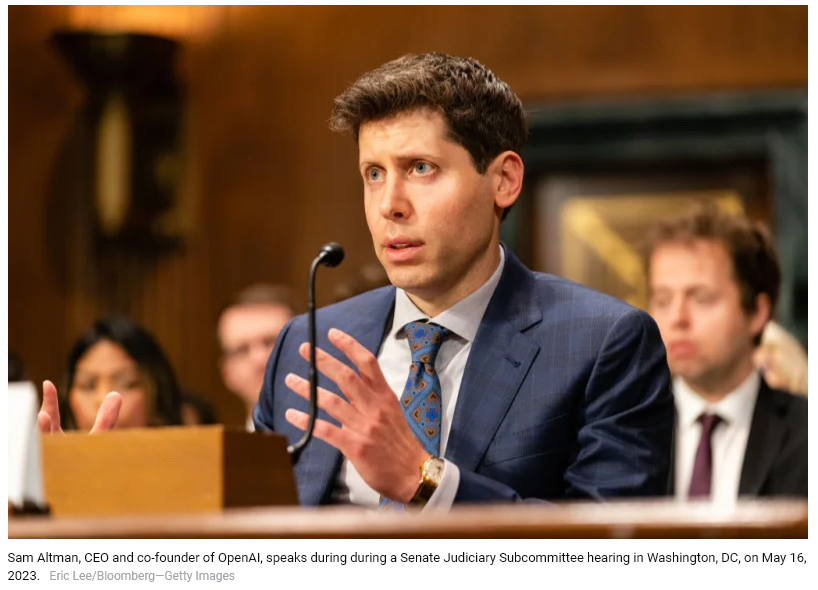In a surprising turn of events, Sam Altman has returned as the chief executive of OpenAI after five days of chaos within the organization. While many anticipated a return to business as usual, it appears that OpenAI’s future is far from certain. With a valuation soaring toward $100 billion, the company had been dubbed Silicon Valley’s hottest start-up. However, recent developments have thrown the company’s trajectory into question.
The first order of business for the newly appointed board is to address the governance issues they’ve inherited and reaffirm OpenAI’s core mission of ensuring the safety of artificial intelligence for the world. Simultaneously, they must navigate a business strategy that risked spreading too thin and strained relationships with key customers and partners.
OpenAI’s initial foray into commercialization, Version 1.0, saw the company pursuing a multitude of avenues simultaneously. To reach its full potential as a leading player in the AI era, Version 2.0 must adopt a more focused approach to avoid potential pitfalls.
Two recent developments underscore the risks of Altman’s ambitious business plan and the need for a more defined strategy. First, OpenAI announced that it would allow developers to create customized chatbots and intelligent agents, known as GPTs, and release them through an OpenAI marketplace, akin to an AI app store. This move caught many companies off guard, as it effectively displaced businesses that had been building services on top of OpenAI’s models.
Furthermore, OpenAI ventured into enterprise software, putting it in direct competition with its close partner, Microsoft. This shift requires a different corporate culture, as it involves a high level of sales and customer support.
In the tech industry, major buyers seek long-term predictability from their suppliers. The recent turmoil at OpenAI has raised doubts about the company’s ability to meet these expectations.
Altman’s initial tenure as CEO left many questions about the company’s direction. While the launch of ChatGPT positioned OpenAI as a potential consumer internet giant, the company’s executives aimed for it to be a platform supporting other businesses that leverage its AI models. With new directions such as enterprise software and the marketplace, it became unclear where the company’s ambitions ended.
Altman’s exploration of hardware, including AI-enabled gadgets and semiconductors, further blurred the lines, as OpenAI seemed to take on tech giants like Google, Apple, Nvidia, and TSMC.
Altman has asserted a coherent strategy, describing OpenAI’s “one single product” as “intelligence, magic intelligence in the sky.” However, OpenAI’s intelligence serves as a versatile ingredient that can be applied to create various products, and Altman appeared determined to build many of them in-house. All of this occurred within an organization primarily dedicated to advanced AI research.
As Sam Altman resumes his role as CEO, the fate of OpenAI and the extent to which the new board supports his ambitions remain uncertain. The company faces the challenge of reconciling its diverse directions and defining a clear path forward.

